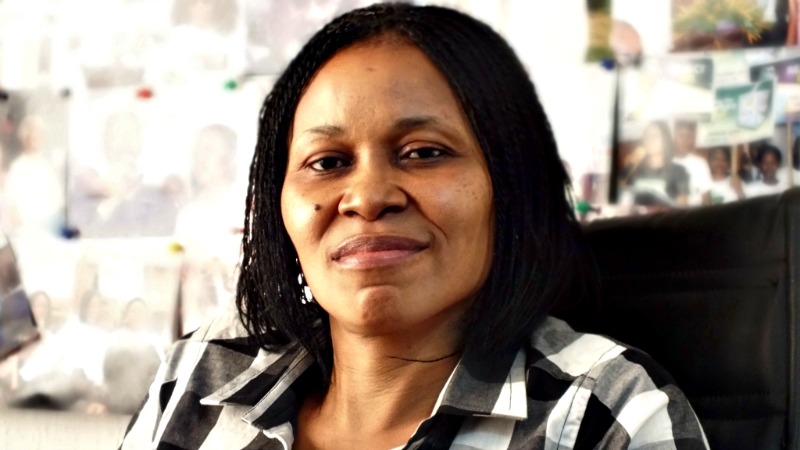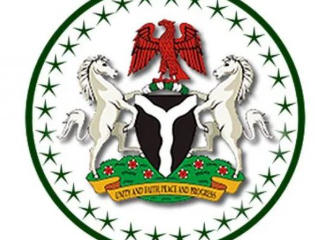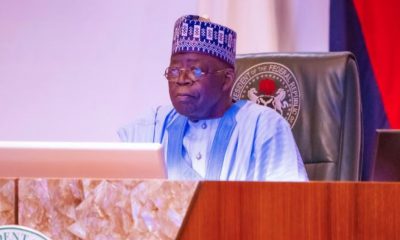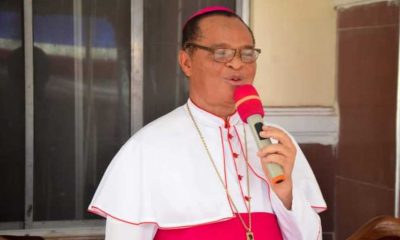Dr Joe Okei-Odumakin, President, Women Arise for Change Initiative has charged the Federal Government to massively step up its efforts to tackle violence against children.
Okei-Odumakin gave the charge in a statement on Monday in Lagos.
The group president also urged the Nigerian government to do more to tackle the entrenched causes of violence against children.
She advised they addressed the social and cultural attitudes, sexual abuse which was so much prevalent now.
She added that gender discrimination, poverty and humanitarian crises must be knipped in the bud.
“At the same time, it must pay far greater attention to new and emerging challenges caused by armed conflict, violent extremism and the COVID-19 pandemic.
“Women Arise is calling on the government of Nigeria to massively step up its efforts to tackle violence against children.
“We welcome the fact that Nigeria is one of 12 African ‘pathfinding’ countries recognised by the UN-led Global Partnership to End Violence Against Children.
“For their commitment to raising awareness, stimulating leadership, galvanising action and establishing national violence prevention standards. But much more needs to be done,” she said
The group president noted that they were aware of the financial constraints that African governments continued to endure in the post-pandemic economic slow-down.
Okei-Odumakin, however, noted that the group could not allow the small gains made in tackling violence against children over the past 30 years to be wiped out by failure to invest in social and child protection programmes.
She, therefore, advised government to increase funding, noting that violence against children had a significant harmful, social and economic impact on society as a whole.
“The evidence is clear as violence against children is directly related to poor educational attainment, school drop-outs, job prospects and long-term poor health.
“Long-term impacts on productivity adds massively to the cost of health and social care.
“Given the current economic uncertainty, violence prevention programmes funded by international donors and NGOs remain essential,” she said.
Okei-Odumakin, however, explained that the roots of the problems in Africa, had to do with deep-rooted traditional attitudes and practices toward children especially girls, adding that it was a significant barrier to success.
She said that volence against children would only be eradicated when Africans themselves took responsibility.
She noted that it was particularly frustrating that effective strategies, good practices and home-grown African solutions to prevent violence against children existed and had been proven to work, but were largely ignored.
According to her, global efforts to tackle violence against African children often fail to acknowledge indigenous systems of child protection which can be promoted and replicated across the continent.
“It is 30 years since the African Charter on the Rights and Welfare of the Child better known as the African Children’s Charter was adopted.
“Most African governments, including that of Nigeria are signatories to both the African Children’s Charter and the United Nations’ Convention on the Rights of the Child.
“Yet everyday, millions of children across the continent face abuse, exploitation and discrimination.
“Violence has devastating impacts on a child’s dignity, physical and mental wellbeing, development and life chances.
“Children with disabilities or albinism, those in residential care or living and working on the streets, and those caught up in humanitarian crises and armed conflict are most at risk from violence.
“While better digital connectivity and pandemic lock-downs have driven an increase in online sexual abuse, “she said.
Okei-Odumakin noted that both financial capacity and political will were in short supply.
She, therefore, urged all governments, the African Union and the Regional Economic Communities to scale up investment in initiatives to end violence against children.
“Eradicating this stain on our collective conscience is one of the most important priorities of our time.”

 Health1 week ago
Health1 week ago
 Crime1 week ago
Crime1 week ago
 Latest1 week ago
Latest1 week ago
 Latest6 days ago
Latest6 days ago
 Health6 days ago
Health6 days ago
 Business1 week ago
Business1 week ago
 Football1 week ago
Football1 week ago
 Football6 days ago
Football6 days ago













